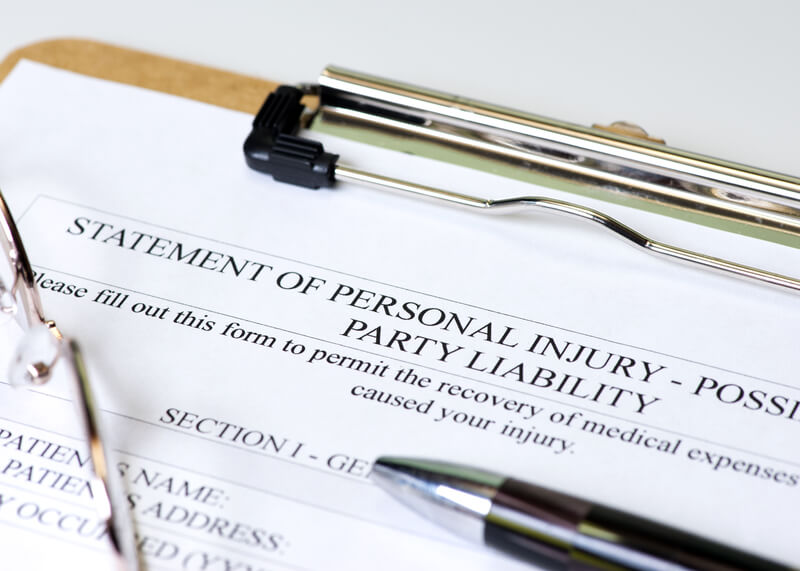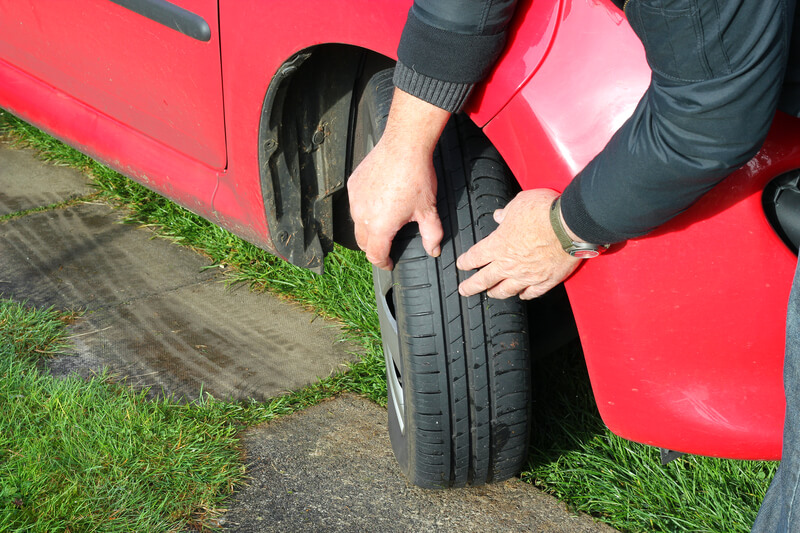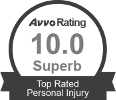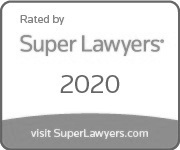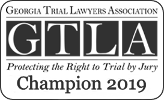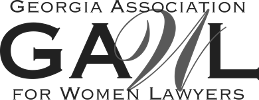Ever rushed through a rental car agreement, eager to get the keys and hoping you weren’t accidentally opting out of some vital piece of paperwork? Ever felt like you were learning to drive all over again behind the wheel of an unfamiliar vehicle? Unsurprisingly, taking temporary possession of a large, expensive piece of property can be a bit unnerving, and it’s smart to plan ahead by reviewing insurance coverage and looking for gaps.
We’ll take a look at a few different scenarios involving rental cars, including:
- What you should do if you’re involved in an accident that’s not your fault while driving a rental car
- What you should do if you’re hit by a driver in a rental car
But before getting into how to handle a not-at-fault accident with a rental car, it’s helpful to understand how insurers cover rentals. While vacation excursions await, you’ll first want to give yourself plenty of time to review your coverage and find out if you need to spring for those extra rental company waivers.
Does car insurance cover rental cars?
If you own your own vehicle, you already have car insurance, and it’s a good practice to take a regular look at your coverage. But if you’re planning to rent a car, that’s an especially great opportunity to review your auto insurance policy, which should cover you, the driver, even if you’re not in your own car. Take a look at your liability limits. Do you carry collision and comprehensive coverage? Do you have uninsured or underinsured motorist coverage? If you’re renting the car for your job, does your employer have coverage?
Understanding your own insurance and how it applies to a rental will better prepare you for the slew of waivers and add-ons you’ll be offered as part of the cost of your rental car. Of course, you don’t want to pay extra for something you already have, but it’s even worse to be left on the hook financially if you’re in an accident—even one that’s not your fault.
After you approach the rental company with a thorough understanding of your own policy’s limits, you’ll have options for additional levels of protection, usually priced per day. It goes without saying that if you don’t have a personal vehicle or car insurance policy of your own, you’ll need coverage from the rental company. They’ll be able to sell rental car insurance that at least covers the state’s minimums. (Do keep in mind though that Georgia’s state minimums come nowhere near close to covering the cost of an accident with injuries or major auto damage.)
Even if you are insured, you may wish to also purchase a collision damage waiver. A rental agreement usually involves returning the car in the same condition you received it. But if the car is involved in an accident—even one that’s not your fault—this won’t be possible.
With a collision damage waiver, the rental company won’t expect you to handle the costs of any repairs, and there won’t be a deductible. They also won’t try to charge you for the remaining term of your rental agreement—the days you no longer have a working car. And they won’t try to charge you “rent” for the time the car spends in the shop during repairs. While your own comprehensive and collision insurance could end up covering this expense, it might not, or you might have a high deductible. This could leave you paying for repair and rental costs out of pocket.
The rental company might also offer liability coverage. This will help protect you if you cause an accident. While your own insurer may cover this, make sure of it before declining the rental company’s option, and make sure your own liability limits are realistic—not just Georgia’s bare bones minimum.
Sometimes, your credit card company may offer an additional layer of protection with collision coverage. Just be aware that your credit card company won’t cover damages you cause to others, only damages to your own rental vehicle.
What if I’m renting a car for work?
While your car insurance should provide you a basic level of protection if you’re renting a car for personal reasons, it might not protect you if you’re driving the car for work. Unless you have a commercial-specific policy, be sure your employer maintains an appropriate level of commercial insurance to cover you before you take that business trip.
What if I don’t own a car?
If you don’t own a car and already carry car insurance, the rental company will charge you for basic coverage (though you may want to up your liability limits, as already discussed). Some folks rent regularly, however, choosing to rent a car for occasional trips or heavy jobs and forgo the expense of ownership. If you rent regularly, non-owner car insurance might give you more customization, protection and savings than you’d get from buying rental insurance each time you rent. It can also be useful if you regularly use a car-sharing service. You’ll have the peace of mind knowing that your coverage is consistent from rental to rental if you’re involved in an accident.
What to do after a not-at-fault rental car accident
If you’re driving a rental car and you’re hit by another driver, chances are, you’re on vacation or a business trip—probably far from home and your usual support network. This can make a not-at-fault rental car accident more challenging logistically. But the steps to take after a crash are pretty much the same ones you’d take after a crash involving our own vehicle.
- First of all, prioritize your safety. If you’re on vacation, you may be with your kids or have passengers. Navigate your vehicle to the shoulder or pull off the road if you can. Call 911. If anyone is hurt, request an EMT.
- If you’re on a vacation, you may be traveling with your pets. Be sure they’re secure—no one wants to lose a frightened animal in an unfamiliar area. Ideally, they’ve been in a crate or harness designed for car travel and are wearing identification.
- Once emergency responders arrive, accept medical care if you need it. If you decline to go to the hospital right away, be sure you see a medical provider soon after the crash if you’ve been hurt.
- Exchange information with the other driver, including names, addresses, make and model of the vehicles involved, and insurance information. Don’t share more than is necessary, however. For example, you don’t want to volunteer something like, “It’s a rental, so I’m not used to driving this kind of car,” or “I’m not from here, so I’m not familiar with these roads.” Even if the other driver is clearly at fault, the insurance company can use statements like these to lessen their customer’s liability. If the other driver is aggressive, save your conversation until after the police arrive.
- Be sure the responding officer creates an accident report. Calmly share your version of what happened to the officer, and find out how to get a copy of the report. If it’s safe to do so, you may also want to take photos of the scene and get any witness contact information.
- Contact the rental company using the emergency number inside the vehicle or on your rental agreement. The company representative will likely walk you through the process of what to do next on their end. You can also notify your own insurance company, but limit how much you share with the other driver’s insurer should they contact you.
- You’ll probably be in a better position with the rental agency if you’ve purchased the collision damage waiver. Otherwise, they might expect you to cover the up-front cost of the vehicle repairs, plus the extra time on the rental agreement, even if you’re not at fault. Document expenditures you’re asked to make or costs incurred on your rental agreement.
- If you’ve been hurt, contact a personal injury attorney who can help you get fair compensation, especially if you’ve had to pay for repairs in a crash that was not your fault.
Who is responsible after a rental car accident?
If a driver in a rental car hits you, you’ll follow most of the same steps as above, including getting to safety, calling 911 and exchanging information with the other driver.
The other driver might not volunteer the fact that the car is a rental at the scene. If, however, the driver mentions the car is rented or you see evidence that it is, politely ask for the name of the rental car company, and any rental car coverage, when exchanging other information. The at-fault driver’s insurance company may not be the only party involved during your claim.
Soon after the crash, write down a clear description of what happened. Details that seem incredibly vivid now might be harder to recall after weeks or months have passed. While a journal, document or voice memo all work for recording what happened, don’t share information about the crash on social media as this may interfere with your insurance claim.
Crashes involving at-fault drivers in rental cars can be complex from an insurance standpoint. The driver’s insurer and the rental car company may both be partly responsible. A personal injury attorney can help determine what each insurer is responsible for covering.
Unfortunately, some rental car drivers assume their credit card covers accident liability. They might decline additional coverage from the rental company and may not have adequate policy limits through their own insurer. In these cases, your own uninsured/underinsured driver auto policy could kick in, helping cover some of your costs when the renter’s policies fail to do so.
With so many factors in play and insurers determining liability, it’s a good idea to work with an attorney who can sort out the policies and help you get the compensation you deserve. While not-at-fault accidents with rental cars are complicated, an experienced law firm will know how to navigate the claims process and help resolve competing insurance interests for a fair settlement.
Crash accident attorneys
If you’ve been hurt in an accident involving a rental car, you’ll need help from a car accident lawyer who can make sense of a complex situation. A not-at-fault accident with a rental car might involve multiple insurance providers. At Litner + Deganian, we understand how to represent clients who’ve been in a crash with a rental car. Contact us today for a free consultation and case evaluation.



